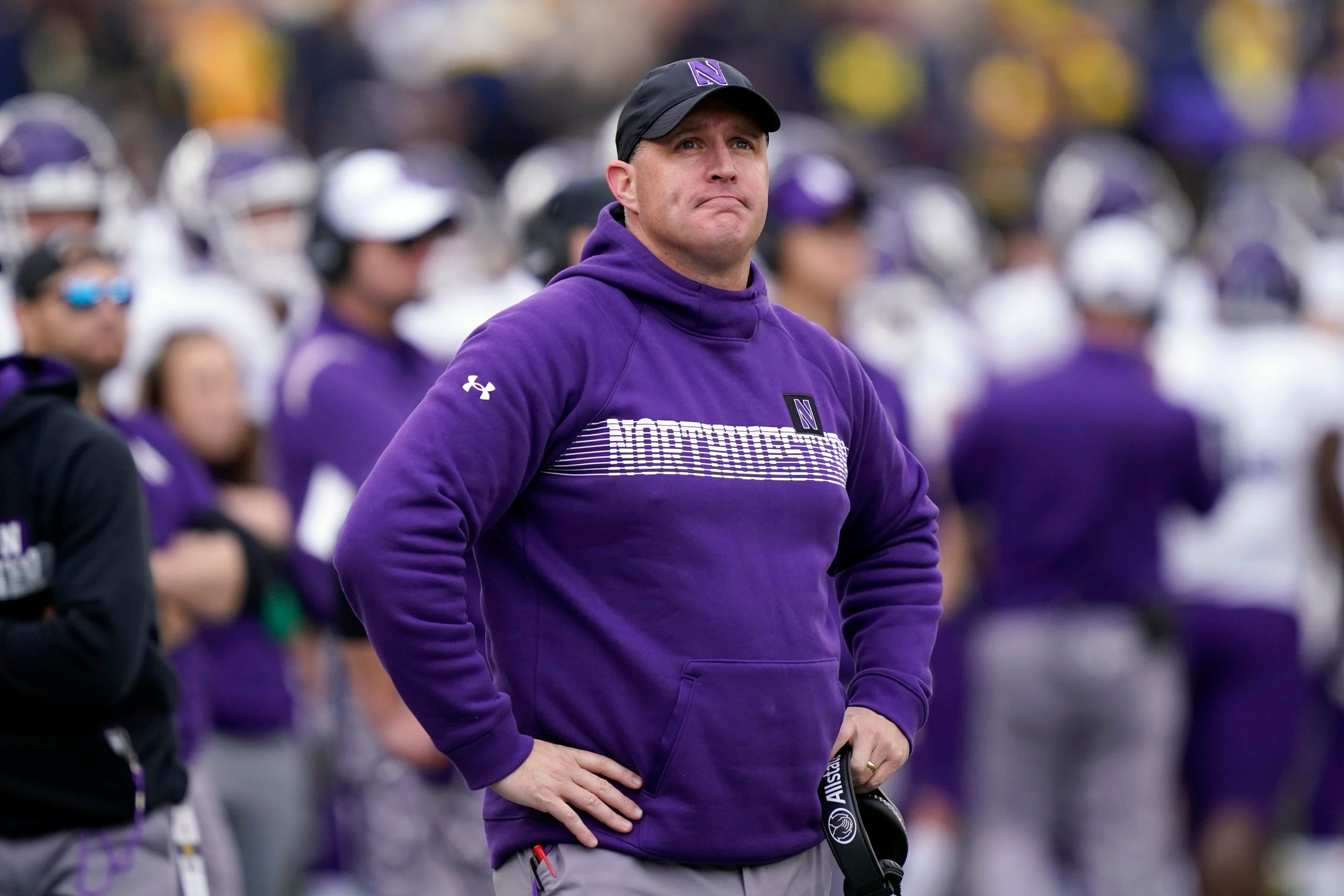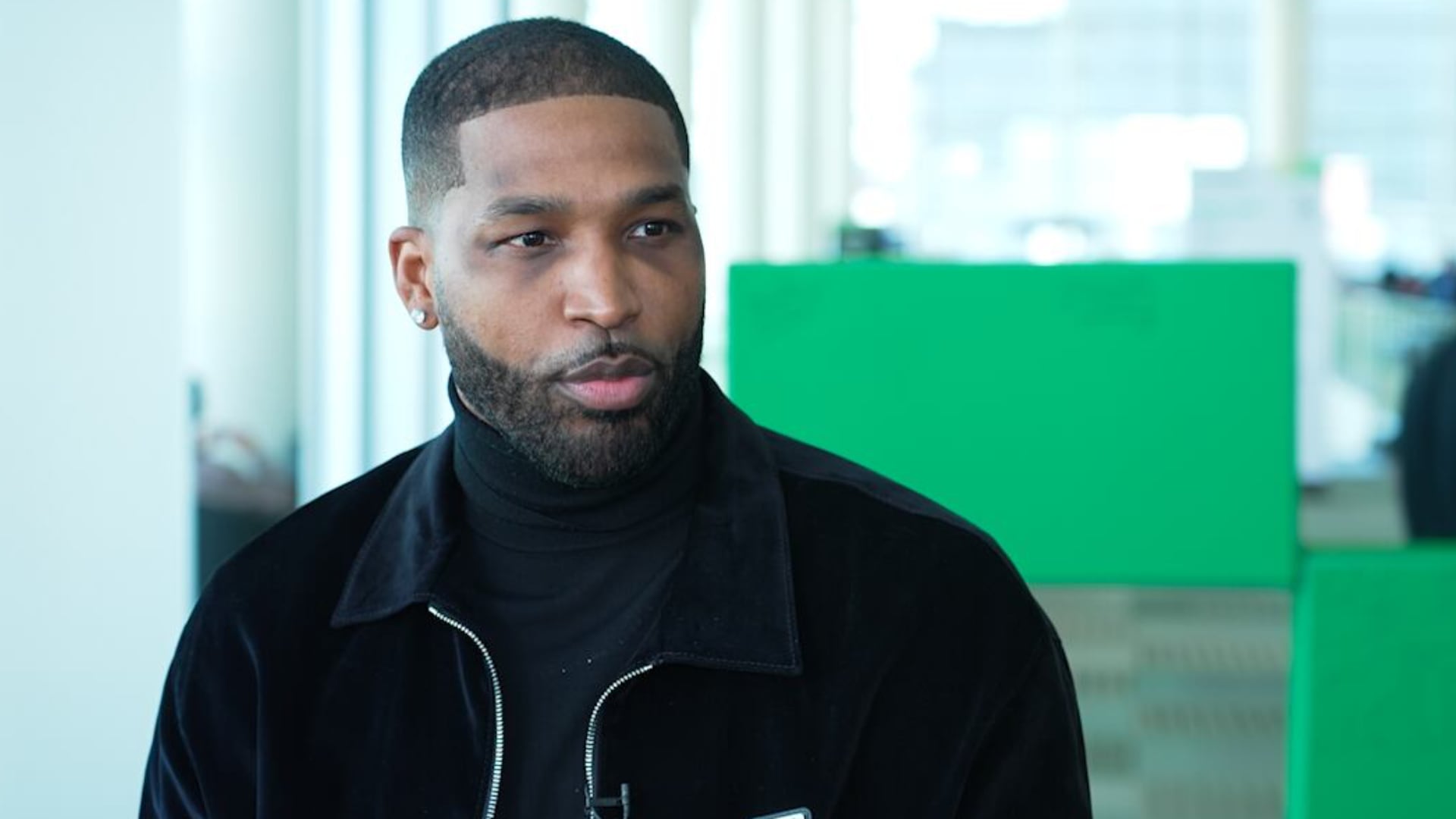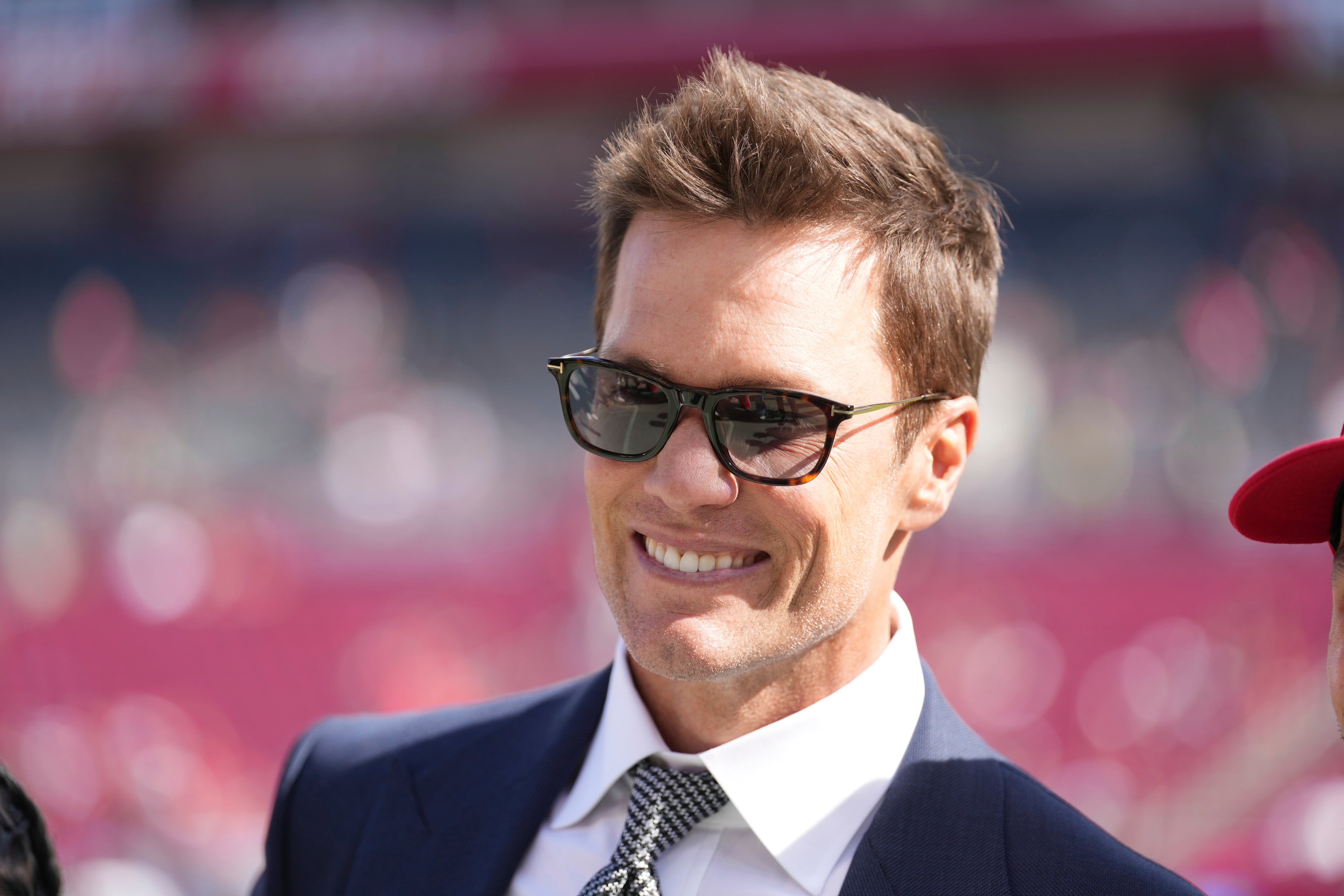Northwestern fired coach Pat Fitzgerald on Monday amid a hazing scandal that called into question his leadership of the program and damaged the university's reputation after it mishandled its response to the allegations.
Fitzgerald's dismissal completed a rapid fall from grace for the former All-American linebacker, the star of the 1995 Northwestern team that won the Big Ten and played in the Rose Bowl after years of losing. The 48-year-old Fitzgerald had been firmly entrenched at his alma mater, an annual fixture on any list of college coaches with the most job security.
“The head coach is ultimately responsible for the culture of his team,” Northwestern President Michael Schill wrote in an open letter to the university community. “The hazing we investigated was widespread and clearly not a secret within the program, providing Coach Fitzgerald with the opportunity to learn what was happening. Either way, the culture in Northwestern Football, while incredible in some ways, was broken in others.”
Fitzgerald went 110-101 in 17 seasons as Northwestern's head coach. He led the Wildcats to Big Ten West championships in 2018 and 2020, plus five bowl victories. But they went 4-20 over his last two seasons.
Fitzgerald said in a statement provided to ESPN that he had instructed his attorney to “take the necessary steps to protect my rights in accordance with the law.”
Schill wrote in his letter that athletic director Derrick Gragg will announce “the leadership for this upcoming football season" in the next couple days. The opener is Sept. 3 at Rutgers.
“I recognize that my decision will not be universally applauded, and there will be those in our community who may vehemently disagree with it,” Schill wrote. “Ultimately, I am charged with acting in the best interests of the entire University, and this decision is reflective of that. The damage done to our institution is significant, as is the harm to some of our students.”
Gragg was hired by Northwestern in June 2021. He got the job after Mike Polisky stepped down amid mounting criticism because he was named in a sexual harassment lawsuit against the Big Ten school by former Wildcats cheerleaders.
Fitzgerald had been serving a two-week suspension after the school said Friday that an investigation led by attorney Maggie Hickey of law firm ArentFox Schiff did not find “sufficient” evidence that the coaching staff knew about ongoing hazing — though there were “significant opportunities” to find out about it.
Schill, who was the president of the University of Oregon before taking over Northwestern in September, said in his Monday letter that the investigative report will remain confidential. But he wrote that, during the investigation, 11 current or former players acknowledged the hazing within the program.
“The hazing included forced participation, nudity and sexualized acts of a degrading nature, in clear violation of Northwestern policies and values,” Schill wrote.
In his statement, Fitzgerald said Hickey's investigation reaffirmed that he had no knowledge of any hazing within the program.
“Last Friday, Northwestern and I came to a mutual agreement regarding the appropriate resolution following the thorough investigation by Ms. Hickey,” he said. "This agreement stipulated a two-week suspension.
"Therefore, I was surprised when I learned that the president of Northwestern unilaterally revoked our agreement without any prior notification and subsequently terminated my employment.”
After Northwestern announced its suspension for Fitzgerald, The Daily Northwestern published a story on Saturday detailing allegations from a former player who described specific instances of hazing and sexual abuse. The report also indicated that Fitzgerald “may have known that hazing took place.”
That led Schill to write a letter to the university community in which he acknowledged focusing “too much on what the report concluded (Fitzgerald) didn’t know and not enough on what he should have known.” Schill went on to say that he planned to speak with university leadership, members of the board of trustees and leaders of the faculty senate to determine his next steps.
“Since Friday, I have kept going back to what we should reasonably expect from our head coaches, our faculty and our campus leaders,” Schill wrote in Monday's letter. “And that is what led me to make this decision.”
Because the six-month investigation was confidential, Schill said in Monday's letter that he learned many of the details recently. He spoke with the complainant on Sunday after talking to the student's parents on Friday.
Fitzgerald, who was inducted into the College Football Hall of Fame in 2008, was hired to coach his alma mater in 2006 after the sudden death of then-coach Randy Walker.
Many current and former players rushed to Fitzgerald’s defense after the suspension was announced.
A letter circulated on social media, signed by “The ENTIRE Northwestern Football Team” without identifying an author, said that “throughout his tenure, Coach Fitzgerald has consistently prioritized the well-being and development of his players, and we stand behind him in his unwavering commitment to our team.”
Before Fitzgerald's dismissal was announced by the school, The Daily Northwestern published a report that had three former Northwestern players describing a “culture of enabling racism.”
The turmoil within the football program comes after the school unveiled plans in September to build a new Ryan Field. The plans call for a state-of-the-art facility featuring a reduced seating capacity and greater emphasis on the fan experience.









